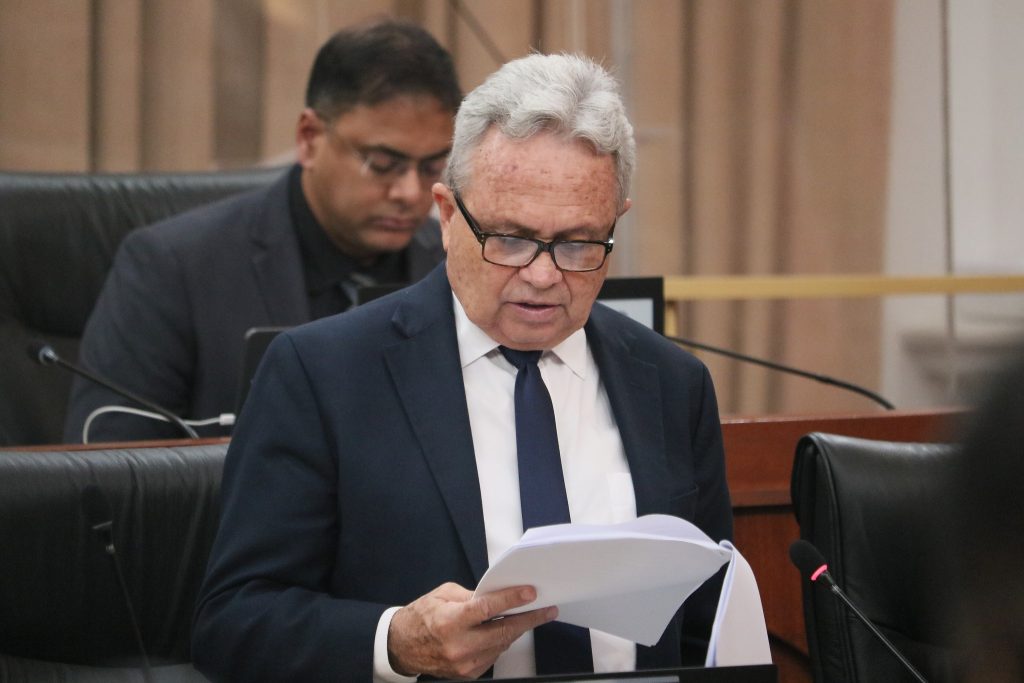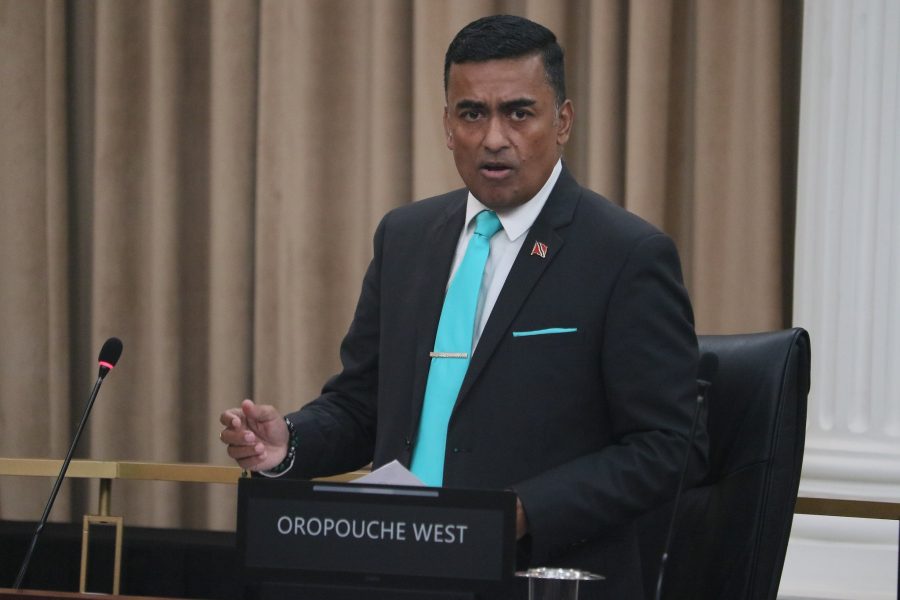FINANCE Minister Colm Imbert’s recent statement on social media shows a troubling overreach of authority.
This according to Oropouche West MP Dave Tancoo in a release on Sunday.

Imbert took to the platform X (formerly Twitter) to assert that a businessman promoted by a local newspaper has “NEVER” applied to the EximBank for foreign exchange, raising significant questions about the government’s handling of the ongoing foreign exchange crisis.
United National Congress (UNC) Chairman and finance spokesman Tancoo says Imbert’s admission has only deepened the mystery surrounding the allocation of foreign exchange in Trinidad and Tobago.
Tancoo said, “Last week I made the point that T&T’s distribution of foreign exchange is riddled with secrecy, bias and corruption and that the government must provide clear and immediate answers as to how scarce foreign exchange is being distributed by the Central Bank.
“Instead of heeding my words, Colm Imbert chose to throw a hissy fit on social media, accusing one national media house of peddling inaccurate and misleading stories about access to foreign exchange.”
Tancoo warned that Imbert’s behaviour demonstrates a troubling overreach of authority, suggesting that the Minister’s access to sensitive banking information could lead to political victimisation.
“No politician should have the right to access private banking information,” he said, stressing that the Trinidad and Tobago Revenue Authority (TTRA) could exacerbate these issues by granting government officials even greater oversight of citizen’s financial dealings.
The Opposition MP called for immediate transparency, urging both Imbert and the EximBank to clarify the nature of the minister’s request for information, the process by which it was obtained, and the criteria that allowed him access to such sensitive data.
“This is a serious breach of professional conduct and could even be illegal,” Tancoo said.
He said, “Minister Imbert must provide clarity and accountability regarding this matter, especially given the significant implications for citizens’ privacy and trust in the government.”
![]()













